High-carbohydrate diets have long been recommended for cyclists and anyone who is physically active. However, with the rise of the high-protein diet (a.k.a. Atkins) in recent years, we are seeing a shift from high carbs to low carbs as the preferred macronutrient for exercise performance and recovery in cyclists and other endurance athletes. However, with all of this conflicting information about carbs, it can be difficult for cyclists to know exactly how many grams of carbohydrates they should eat before training, after training, or during recovery—or even if they need to increase or decrease their intake at all. If you’re confused about carbs and how they impact your performance as a cyclist, this article will break down everything you need to know about carbohydrates and their role in cycling training, performance, and recovery.
What Are Carbohydrates?
Carbohydrates are one of three macronutrients (the other two being protein and fat) found in food and are the main source of energy for all metabolic processes in the body. When we talk about carbohydrates in relation to cycling, we’re mostly referring to starchy carbohydrates, like bread, rice, pasta, and potatoes—but this term can be a bit of a misnomer, as other types of carbohydrates, like fruit, vegetables, and dairy products, also have carbohydrates within them. Starchy carbs are the most common source of carbohydrates in most people’s diets, so they are usually the focus when we talk about “carbohydrates.”
The Importance of Carbohydrates for Cyclists
Carbohydrates are the most important macronutrient for cyclists for two reasons: Carbohydrates, especially starchy carbs, are your body’s main source of energy, providing 4 calories per gram. Since cyclists need a lot of energy to sustain high levels of physical activity, they rely on starchy carbs for energy almost exclusively. Carbohydrates are also the main source of fuel for your muscles and central nervous system during exercise. When cyclists exercise at a high intensity, their bodies quickly break down glycogen, the stored form of carbohydrates in their muscles, to provide energy for their muscles and the central nervous system. The amount of glycogen your muscles have stored varies from person to person and is also affected by training, genetics, diet, and other lifestyle factors.
The Best Sources of Carbohydrates for Cyclists
While cycling nutrition recommendations vary, most professional sports nutritionists and dietitians recommend that cyclists consume 40-60% of their daily calories from carbohydrates. This means that if you consume 2,000 Calories per day on average, about 1,000 Calories should come from carbohydrates. Depending on your exercise intensity and body type, you might need to consume even more Carbohydrates than this. Cyclists who exercise at high intensities for more than two hours at a time should consume between 50-70% of their total daily calories from Carbohydrates. For training sessions less than two hours, at low intensities, cyclists can rely on their own glycogen stored in their muscles (and liver). So in this case no additional pre-ride carbohydrate consumption is required.
How Many Carbohydrates Should You Eat Before Cycling?
Before you exercise, your body has glycogen stores that you can draw on for energy. This is also true of cyclists, although the amounts of glycogen stored in your muscles (and liver) vary widely between individuals, and is also highly dependent on your training, genetics, and diet. What this means for cyclists is that you need to eat enough carbs before you exercise so that you can access these glycogen stores to fuel your ride. Sports nutritionists recommend that cyclists consume between 50-60 grams of carbohydrates two to three hours before rides longer than two hours to maximize glycogen stores and provide energy. This might seem like a lot, but it is necessary to access the glycogen in your muscles during exercise.
How Many Carbohydrates Should You Eat After Cycling?
The amount of carbohydrates you should consume after cycling depends on many factors, including your cycling intensity, the duration of your ride, the timing of your last meal before exercise. After a long cycling session, you might think that you need to eat a lot of carbohydrates to recover, but, in fact, after exercise, your muscles are depleted of glycogen and amino acids, which help your muscles and central nervous system recover. This is why you should eat a moderate amount of carbohydrates after cycling: enough to replenish glycogen, but not so much that you’re overeating. Your carbohydrate intake should be accompanied by protein to encourage muscle recovery, and fat to provide a healthy source of calories and promote overall health and well-being.
After a long cycling session at low intensity, you should consume 20-40 grams of carbohydrates to replenish glycogen stores. After cycling at a moderate intensity, you should consume 35-50 grams of carbohydrates. After cycling at a high intensity, you should consume 40-60 grams of carbohydrates. Your glycogen stores will be depleted if you don’t eat enough carbohydrates after exercise. If you wait too long to eat, your body may begin to break down fat stores, protein from your muscles, or internal organs—which can be very unhealthy.
Bottom line
Carbohydrates are important for cyclists because they are the main source of energy for long, high-intensity exercise and help muscles recover after exercise. Cyclists should consume 40-60% of their total daily calories from carbohydrates, but the amount they eat before, during, and after exercise will depend on their intensity level. The best sources of carbohydrates for cyclists are starchy carbs, like rice, pasta, and potatoes, but cyclists should also consume other types of carbohydrates, like fruit, vegetables, and dairy products, to get a well-rounded source of vitamins and minerals. Before cycling, cyclists should eat enough carbohydrates to access their glycogen stores and fuel their ride. After cycling, cyclists should consume enough carbohydrates to replenish glycogen stores and promote muscle recovery.
Other articles of interest:
How To Burn Up To 300% More Fat While Cycling
Is Staying Up Late Making You Fat?
How To Get Your Nutrition Right For Longer Rides
Some Advice On Nutritional Supplements And Multivitamins

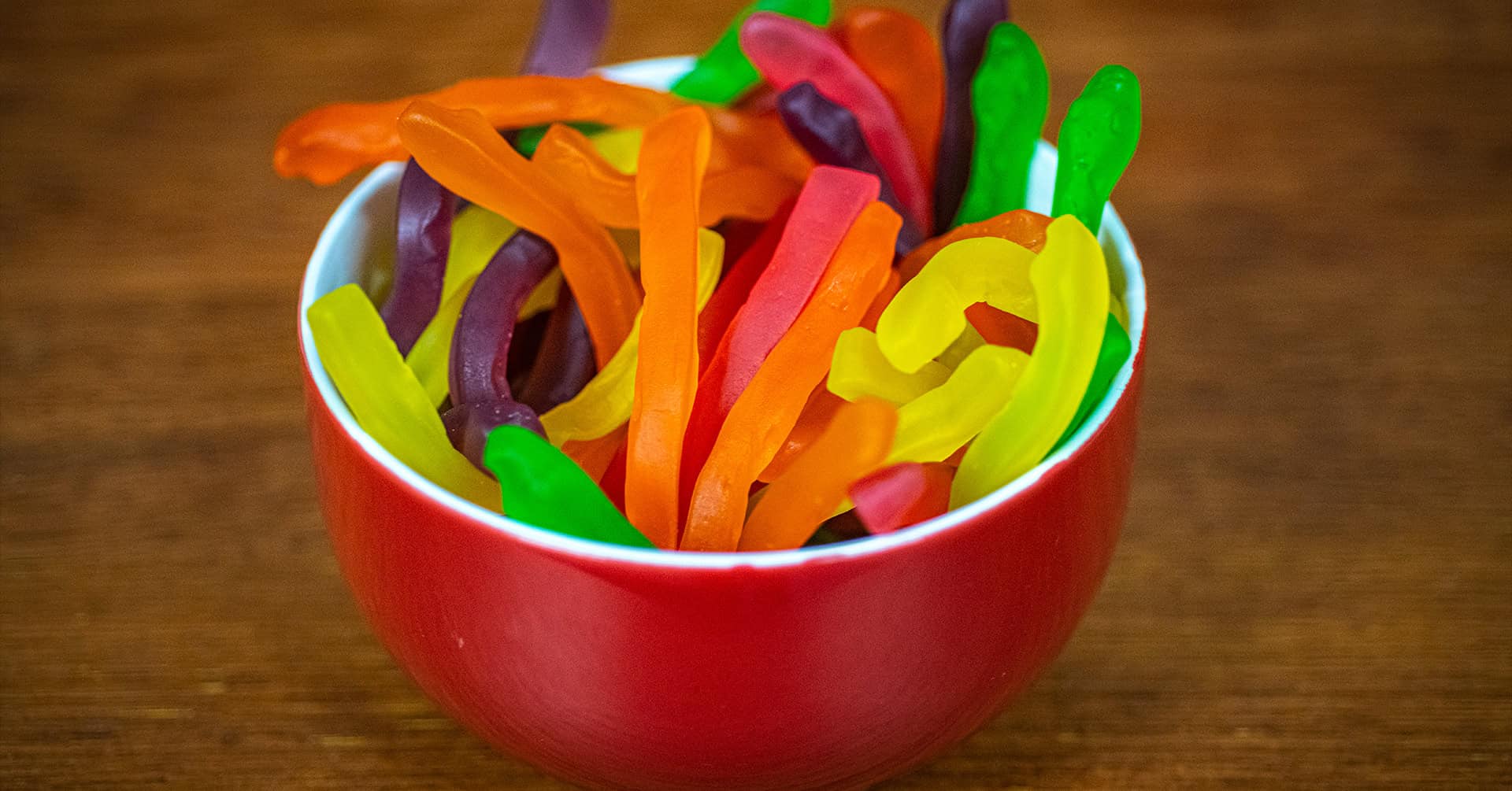
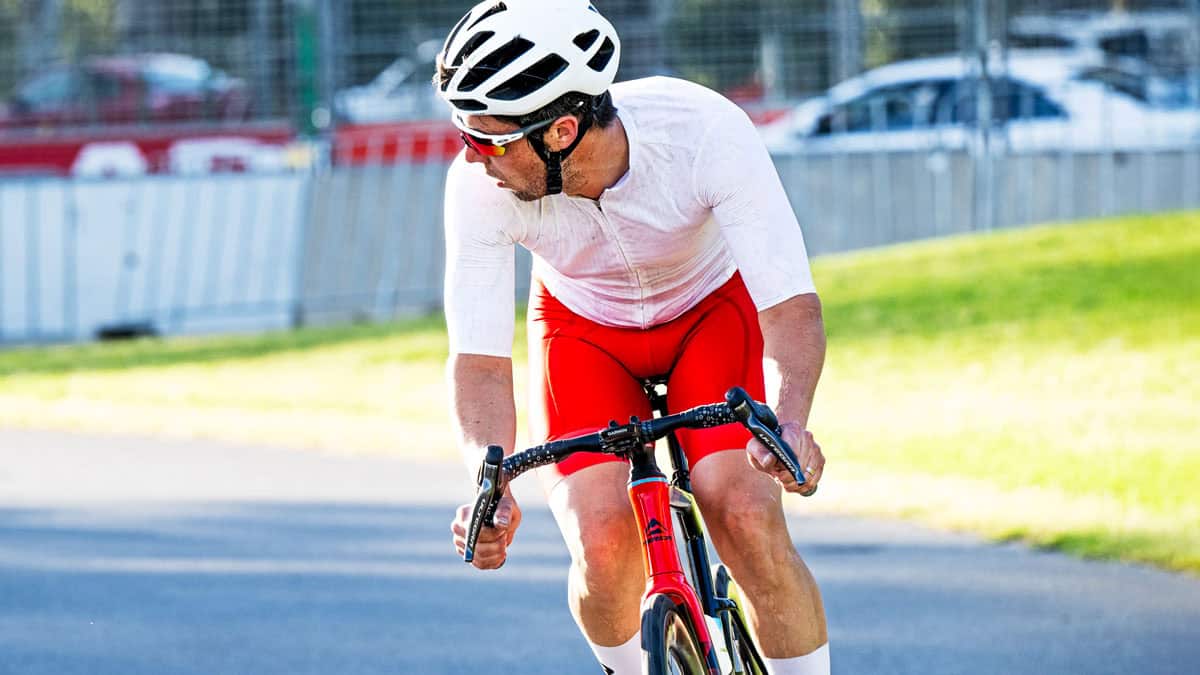
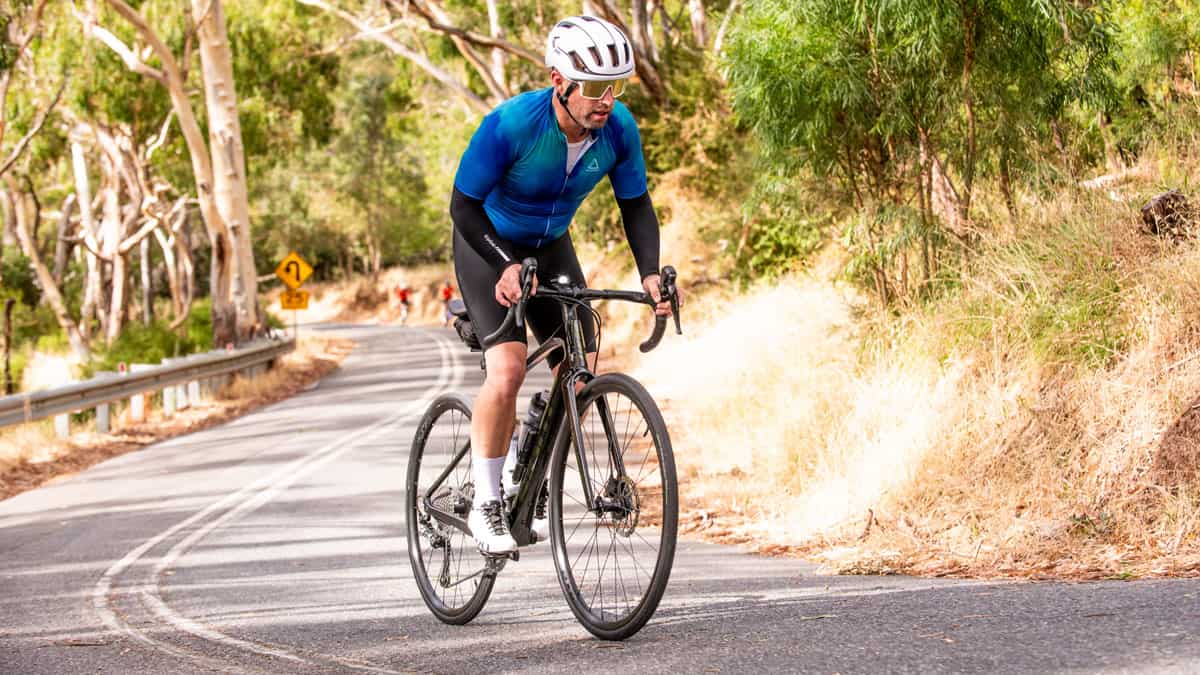
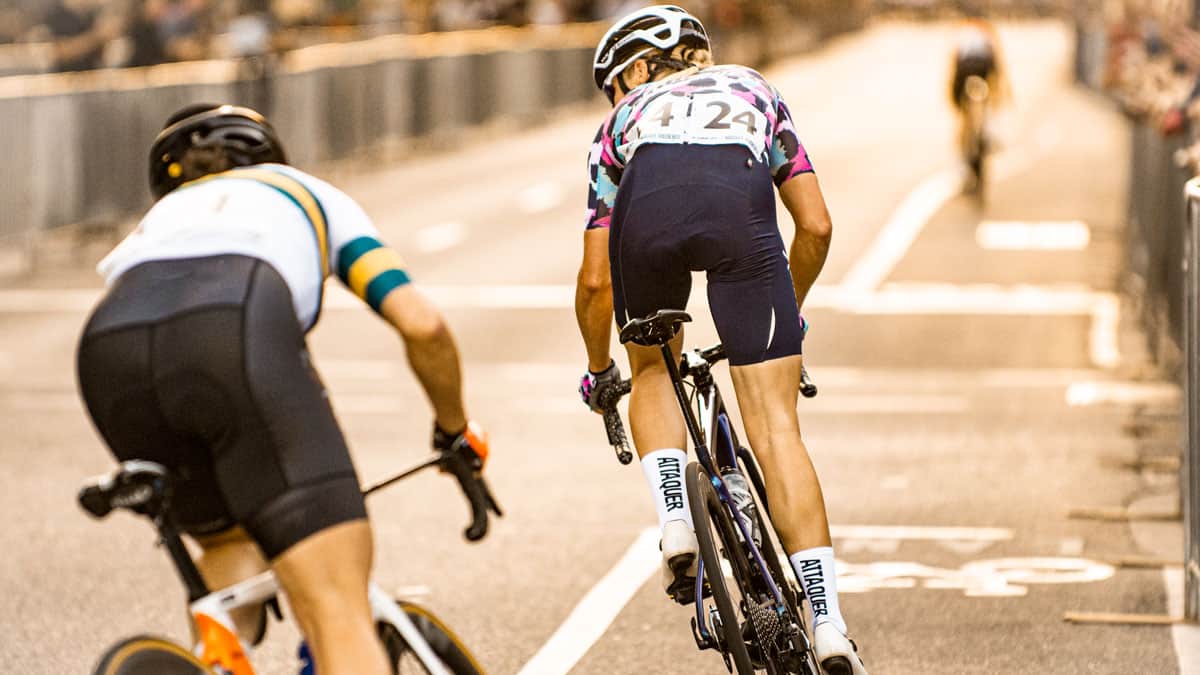
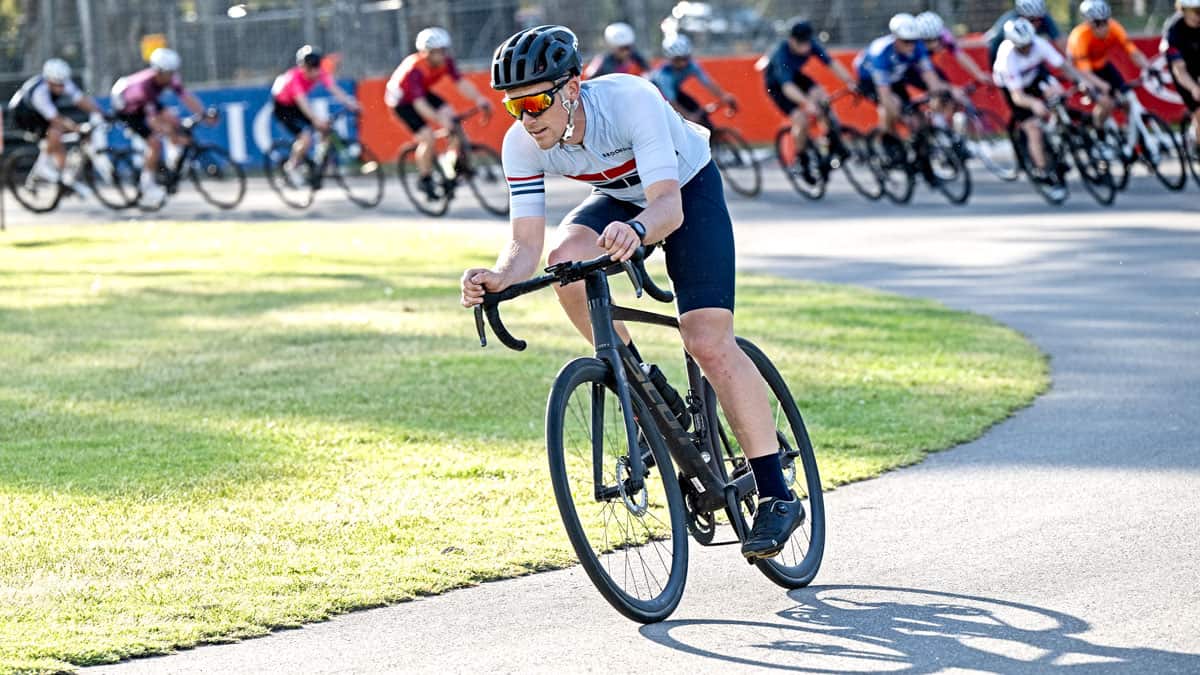
Leave A Comment